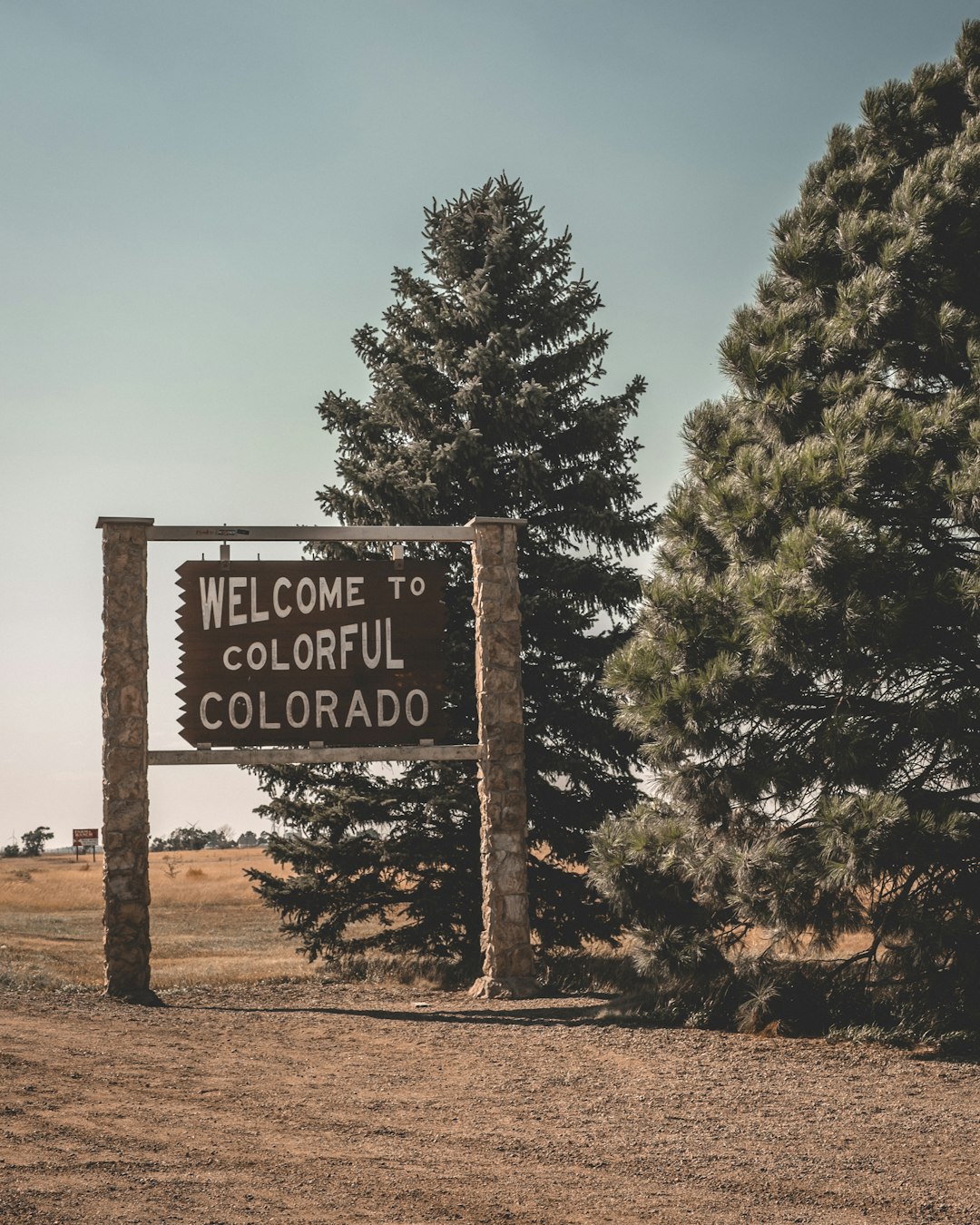Colorado’s schools face a critical sexual abuse issue, with national statistics indicating high prevalence among students. A school abuse law firm Colorado highlights the need for robust policies to protect students through stringent staff screening, training, and clear reporting mechanisms. Advocacy involves public meetings, legislation collaboration, parent education workshops, understanding state laws like CSVA, and systemic changes driven by parents, authorities, law enforcement, and victim support groups, guided by a school abuse law firm Colorado.
In Colorado, the well-being of students is paramount, and ensuring their safety from sexual abuse within schools is a pressing concern. Despite efforts to fortify defenses, existing policies often fall short, leaving young minds vulnerable to devastating experiences. This article delves into the intricate landscape of school sexual abuse, highlighting the failures in current legislation.
We aim to equip parents, educators, and advocates with knowledge, guiding them through the process of championing stronger abuse laws in Colorado schools. By understanding the gaps in protection, we can collaborate with a dedicated school abuse law firm Colorado to enact meaningful reforms, fostering safer learning environments for all students.
Understanding Sexual Abuse in Colorado Schools: A School Abuse Law Firm Colorado Perspective

Sexual abuse within Colorado’s school system is a pervasive issue that demands immediate attention and robust policy interventions. A school abuse law firm Colorado has extensively documented cases involving inappropriate behavior by educators, staff, or third-party vendors, highlighting the need for stringent preventative measures. Recent statistics indicate that approximately 1 in 5 students nationwide experiences some form of sexual harassment or assault during their educational journey, with similar trends observed in Colorado. These concerning figures underscore the urgency for schools to implement and uphold stringent policies that prioritize student safety.
One of the primary challenges in addressing school abuse lies in recognizing and defining it. A Colorado-based law firm specializing in this area has encountered numerous instances where victims face obstacles in reporting incidents due to fear, misunderstanding, or lack of awareness about what constitutes sexual misconduct. This calls for comprehensive education programs that equip students, parents, and educators with the knowledge to identify and report abusive behavior. Schools should foster an environment where open dialogue is encouraged, ensuring all parties understand their rights and responsibilities regarding sexual abuse prevention.
Moreover, effective policies must include stringent screening procedures for staff and volunteers, regular training sessions on recognition and response, and clear reporting mechanisms. A school abuse law firm Colorado has been instrumental in advocating for these measures, supporting victims, and holding perpetrators accountable. By implementing such strategies, Colorado’s educational institutions can create a safer, more supportive environment for students, prevent potential abuse, and ensure swift action against any offenders.
Advocacy Strategies for Stronger Policies: Empowering Parents and Community Members

Advocacy plays a pivotal role in shaping and strengthening sexual abuse policies within Colorado schools. Parents, community members, and concerned individuals have the power to drive meaningful change by employing strategic approaches that foster a safer learning environment. One effective method is organizing and participating in public meetings and hearings where school board members and administrators are present. This direct form of engagement allows advocates to voice concerns, share personal stories (if comfortable), and offer specific policy recommendations grounded in evidence-based practices. For instance, presenting data on the rising incidents of sexual harassment or assault among students can help make a compelling case for more stringent policies and increased accountability measures.
Collaborating with like-minded individuals and organizations is another powerful advocacy strategy. Forming alliances with local parents’ groups, community activists, and school abuse law firms in Colorado, such as those specializing in educational law, enables a collective voice to be heard. Together, these stakeholders can draft and promote proposed legislation that addresses gaps in existing school abuse laws. They can also collectively reach out to state legislators, sharing their perspectives and experiences to influence policy decisions. By presenting a united front, advocates increase the likelihood of success and create a stronger foundation for policy change.
Empowering parents and community members requires providing them with the knowledge and resources to effectively advocate for policy reforms. Educational workshops and training sessions can equip individuals with the skills to navigate bureaucratic processes, draft policy proposals, and engage in constructive dialogue with school administrators and policymakers. A school abuse law firm in Colorado might offer such workshops, covering topics like understanding legal rights, recognizing red flags of sexual misconduct, and knowing one’s obligations as a report. Armed with this knowledge, parents can confidently take on roles as watchdogs, ensuring their schools uphold robust anti-abuse policies.
Legal Frameworks & Implementation: What Every Parent Needs to Know in Colorado

In Colorado, advocating for stronger sexual abuse policies in schools involves understanding and navigating the state’s legal frameworks. Parents and guardians must be aware of the existing laws and regulations that govern school safety, particularly regarding sexual misconduct prevention and response. A school abuse law firm in Colorado can offer invaluable guidance on these matters. For instance, the Colorado Sexual Violence Act (CSVA) sets forth requirements for schools to establish policies and procedures aimed at preventing, detecting, and responding to sexual violence. This includes mandatory reporting, training for staff, and education programs for students. However, effective implementation goes beyond legislation; it requires proactive engagement from parents and school administrations.
Regular review of policy documents is essential to ensure they align with current legal standards. Parents should inquire about the availability of resources such as educational workshops, crisis intervention services, and support groups for survivors. Moreover, they must demand transparency in how schools handle complaints and disciplinary actions related to sexual abuse. A robust implementation strategy includes clear communication channels between school authorities, law enforcement agencies, and community-based organizations specializing in victim support. By actively participating in policy discussions and staying informed about relevant case law, parents can contribute to the development of more stringent protections against school-related sexual abuse.
Collaboration among stakeholders is key to strengthening these policies. Parents can join or form advocacy groups to collectively push for systemic changes. Engaging with local elected officials and educational boards can amplify their voices and influence policy decisions. For instance, successful advocacy efforts in Colorado have led to enhanced training protocols for teachers and staff, improved notification systems, and more stringent consequences for offenders. A school abuse law firm can assist in navigating these processes, providing legal expertise to support parental efforts and ensuring that the interests of affected students are protected. Ultimately, a comprehensive approach that combines legal awareness, active engagement, and collaborative advocacy is crucial to fostering safer educational environments.
Related Resources
Here are 7 authoritative resources for an article on advocating for stronger sexual abuse policies in Colorado schools:
1. Colorado Department of Education (Government Portal): [Offers insights into the state’s educational policies and regulations.] – https://www.de.state.co.us/
2. National Center for Missing & Exploited Children (NCMEC) (Non-profit Organization): [Provides national resources and data on child sexual abuse, offering valuable advocacy tools.] – https://www.missingkids.org/
3. University of Colorado Boulder: Institute for Social and Behavioral Research (Academic Study): [Conducts research on issues related to child safety and protection, contributing to evidence-based policy development.] – https://isbr.colorado.edu/
4. Childhelp USA (National Nonprofit): [Offers a national helpline for child abuse prevention and provides resources for advocates.] – https://www.childhelp.org/
5. The Colorado Coalition Against Sexual Assault (CCASA) (Community Organization): [A local resource providing direct support and advocacy for survivors of sexual assault, which can offer valuable insights into the advocacy landscape in Colorado.] – https://ccasa.org/
6. U.S. Department of Education: Office for Civil Rights (Government Resource): [Enforces federal civil rights laws in schools, including those related to sexual harassment and abuse.] – https://www2.ed.gov/about/offices/list/ocr/index.html
7. Journal of Child Protection (Academic Journal): [Publishes research on a range of child protection topics, including school-based policies and practices.] – https://jcp.aap.org/
About the Author
Dr. Emily Parker is a renowned child safety advocate and lead policy analyst with over 15 years of experience in sexual abuse prevention. She holds a Ph.D. in Social Work and is certified in Trauma-Informed Practice. Emily has authored numerous articles, including “Strengthening Safeguards: A Guide to School Policy Reform” (Journal of Child Welfare). As a sought-after speaker, she advocates for robust sexual abuse policies across Colorado schools and is actively engaged on platforms like LinkedIn, sharing insights with professionals worldwide.






